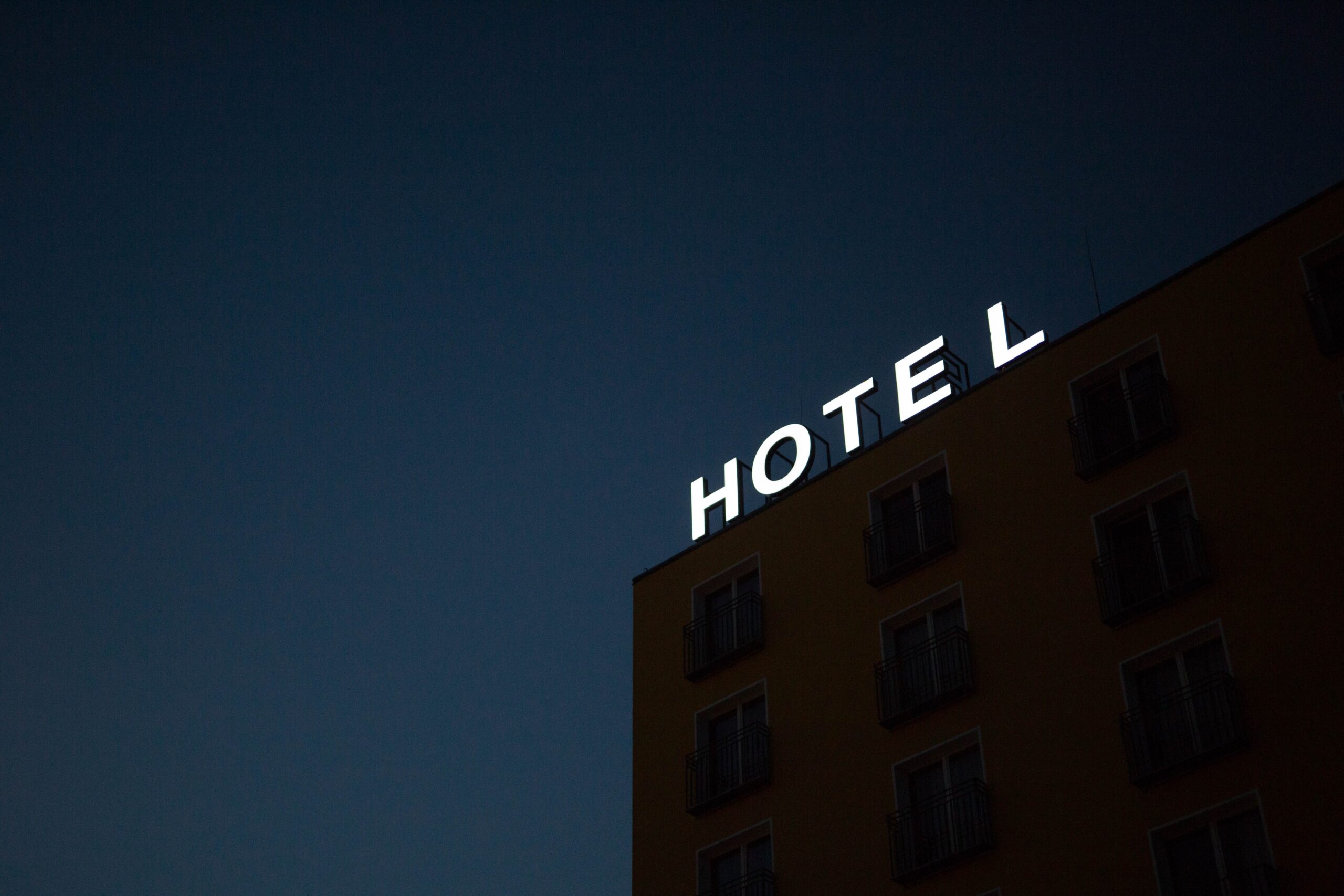The Al Habtoor Group, who are based in the United Arab Emirates, have reopened one of the major hotel in Beirut following the 2020 Beirut blast.
After the massive explosion in Beirut’s port that caused over 215 casualties on August 4, 2020, the area was unable to remain open due to the extensive damage it sustained.
Khalaf Al Habtoor, the leader of the group, who is a well-known UAE entrepreneur, expressed his anticipation that Le Mall Sin El Fil, which is located nearby, will soon be able to restart operations after it shut down in March 2020 due to Lebanon’s economic crisis.
On December 30, the luxurious Hilton Beirut Metropolitan Palace in the suburb of Sin El Fil opened its doors to guests again.
The Al Habtoor Group holds the ownership of the neighbouring Hilton Beirut Habtoor Grand, which experienced only a momentary shutdown after the catastrophic blast of 2020.
After the economic downturn in Lebanon was made evident, Le Mall Sin El Fil, which is a part of a bigger chain, had to shut down.
Al Habtoor was the proprietor of the structure, but Acres Development, a branch of the Azadea retail corporation, had the occupier’s rights and ran it. Acres
Development is still running two branches of Le Mall in Dbayeh, close to Beirut, and in the southern locale of Saida.
Acres declared the closings in 2020 when they acknowledged the economic conditions in Lebanon have been declining, and this has had a damaging effect on people’s spending in several fields. On top of that, they noted the financial crisis has made it hard to bring goods in from other countries, and banks are not providing the necessary services.
Al Habtoor Group expressed its acceptance of Azadea’s decision, clarifying that the move was solely up to the parent firm’s discretion and had nothing to do with the rent of the premises.
In recent times, Lebanon has been drastically affected by the blast, economic downturn and the outbreak of Covid-19, and the hospitality industry has been significantly impacted by these events.
Last September, the Phoenicia Hotel, which is widely regarded as Beirut’s most renowned, resumed operations after having to shut down due to the pandemic.
In 2019, a financial emergency in Lebanon, caused numerous people to fall into poverty and weakened the average individual’s purchasing power. Prices have increased significantly, but salaries have not kept up with the changes, leading to the local currency dropping by 95 per cent compared to the US dollar in the parallel market of Lebanon, a country that relies heavily on imports.
Image Credit: Marten Bjork on Unsplash



















